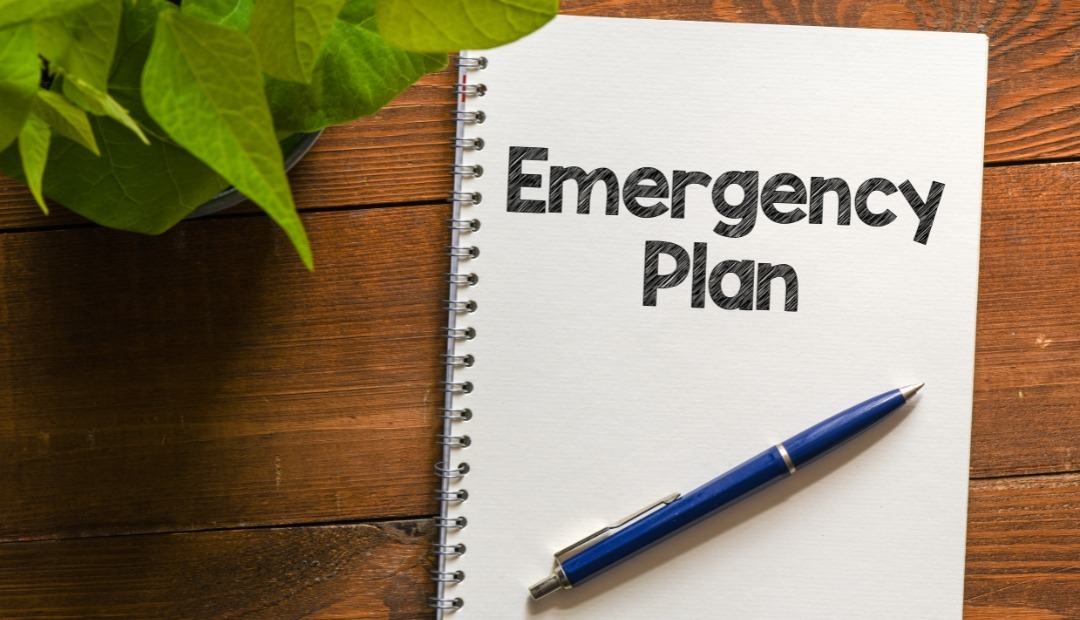Living in modern apartments in Fort Worth offers a vibrant lifestyle, yet it's crucial to be prepared for the unpredictability of life. Whether it's dealing with natural disasters, sudden power outages, or unforeseen medical emergencies, having a solid emergency preparedness plan can make all the difference. In this guide, we'll delve into strategies and practical advice to help you stay ready for unexpected situations, ensuring the safety and security of you and your loved ones.
Why Do You Need an Emergency Preparedness Plan?
Before we dive into the tips for creating an emergency preparedness plan, let's first understand why having one is so important.
- Safety: The primary goal of an emergency preparedness plan is to keep you and your family safe. It ensures that everyone knows what to do in case of a crisis.
- Peace of Mind: Having a plan in place provides peace of mind, knowing that you are ready to face unforeseen events and emergencies.
- Minimized Panic: When everyone knows their roles and responsibilities during an emergency, it reduces panic and confusion, making it easier to handle the situation.
- Resource Efficiency: With a well-thought-out plan, you can make the best use of available resources, including food, water, and medical supplies.
Now, let's move on to the essential tips for preparing your emergency preparedness plan:
Assess Potential Risks
The first step in creating your emergency preparedness plan is to assess the potential risks in your area. Consider the types of disasters or emergencies that are most likely to occur, such as earthquakes, hurricanes, wildfires, floods, or power outages. Understanding the specific risks you face will help you tailor your plan accordingly.
Create a Communication Plan
Communication is critical during emergencies. Establish a family communication plan that includes contact information, designated meeting points, and a way to communicate if cell phones are unavailable. Also, consider designating an out-of-town contact who can act as a central point for everyone to check in with.
Assemble an Emergency Kit
Prepare an emergency kit with essential supplies that can sustain you and your family for at least three days. This kit should include items like non-perishable food, water, a flashlight, batteries, a first-aid kit, important documents, and any necessary medications. Make sure the kit is easily accessible and regularly check and replenish its contents.
Develop an Evacuation Plan
In some emergencies, you may need to evacuate your home. Create an evacuation plan that outlines escape routes, rendezvous points, and what to take with you. Practice evacuation drills with your family to ensure everyone knows the plan by heart.
Include Special Considerations
If you have family members with special needs, such as infants, elderly individuals, or individuals with disabilities, be sure to include their specific requirements in your emergency preparedness plan. Plan for their medical needs, mobility, and any equipment they may require.
Stay Informed
Stay informed about potential threats and emergencies by monitoring local news and weather alerts. Consider investing in a weather radio or emergency alert app to receive timely information about local events.
Regularly Review and Update Your Plan
An emergency preparedness plan is not a one-and-done task. It should be reviewed and updated regularly to account for changes in your family's circumstances, changes in your environment, and new information about potential risks.
Conclusion
Creating an emergency preparedness plan is a responsible and essential step in ensuring the safety and well-being of your family during unexpected emergencies. By following these tips and tailoring your plan to your specific needs, you can face any crisis with confidence and resilience. Remember, it's not a matter of if an emergency will happen, but when, so being prepared is always the best course of action.
Oxford at Lake Worth Apartments in Fort Worth, TX



